Transient Response
20% Load – 20ms
| Voltage | Before | After | Change | Pass/Fail |
| 12V | 12.104V | 12.039V | 0.54% | Pass |
| 5V | 4.998V | 4.914V | 1.68% | Pass |
| 3.3V | 3.331V | 3.260V | 2.14% | Pass |
| 5VSB | 5.024V | 4.957V | 1.34% | Pass |
50% Load -20ms
| Voltage | Before | After | Change | Pass/Fail |
| 12V | 12.095V | 12.023V | 0.60% | Pass |
| 5V | 4.994V | 4.910V | 1.68% | Pass |
| 3.3V | 3.326V | 3.255V | 2.15% | Pass |
| 5VSB | 5.002V | 4.938V | 1.29% | Pass |
The transient response is excellent at 12V, where it matters the most. It is also pretty good on the other rails.
Transient Response ATX v3.1 Tests
The PSU passes all ATX v3.1 transient response tests.
The 12V rail keeps its voltage very high in the 200% load test. Only the SF850 performs better here, but it has a 150W lower capacity, so the applied load is 1700W, while for the SF1000, the transient load is 2000W.
Pages:
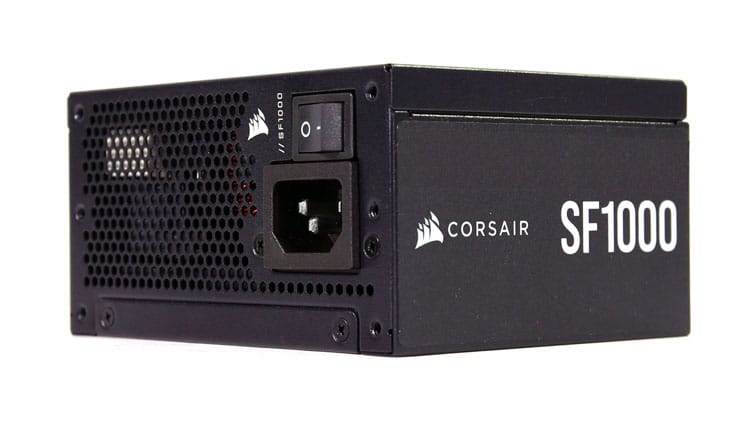
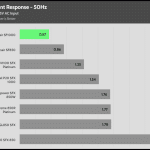
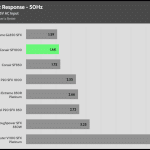
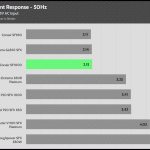
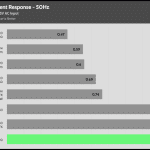
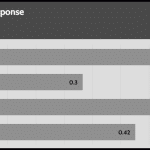
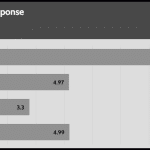
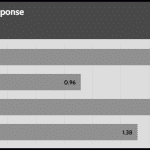
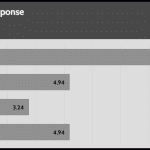
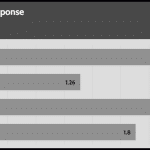
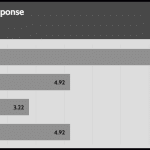
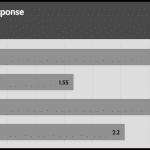
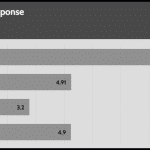
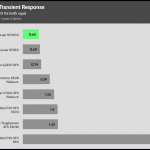
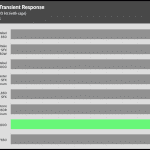
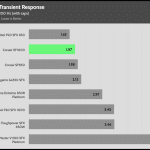
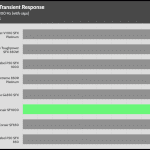
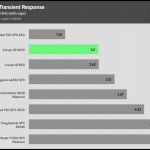
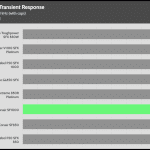
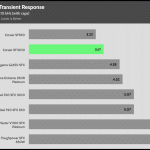
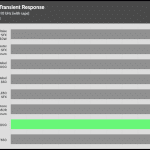
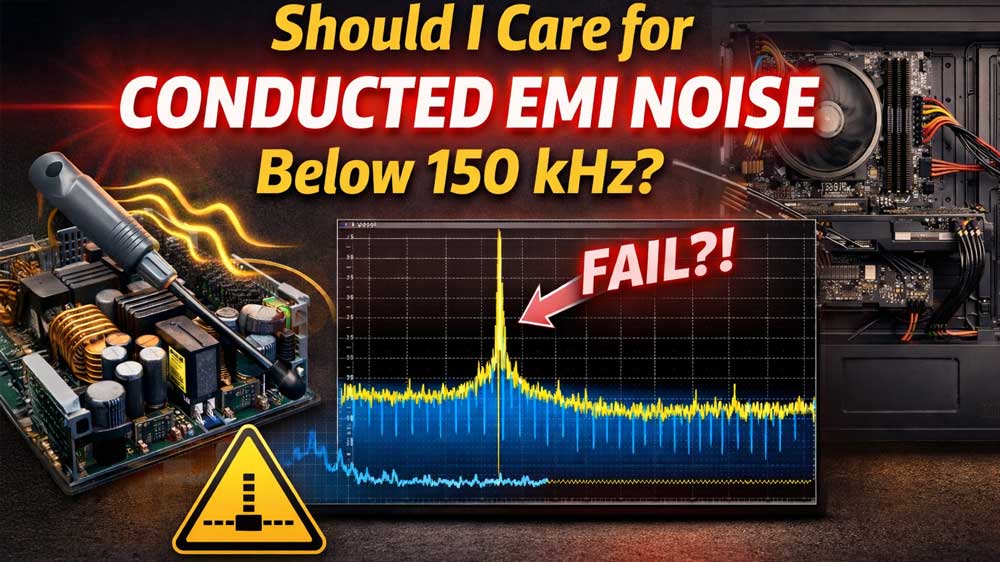
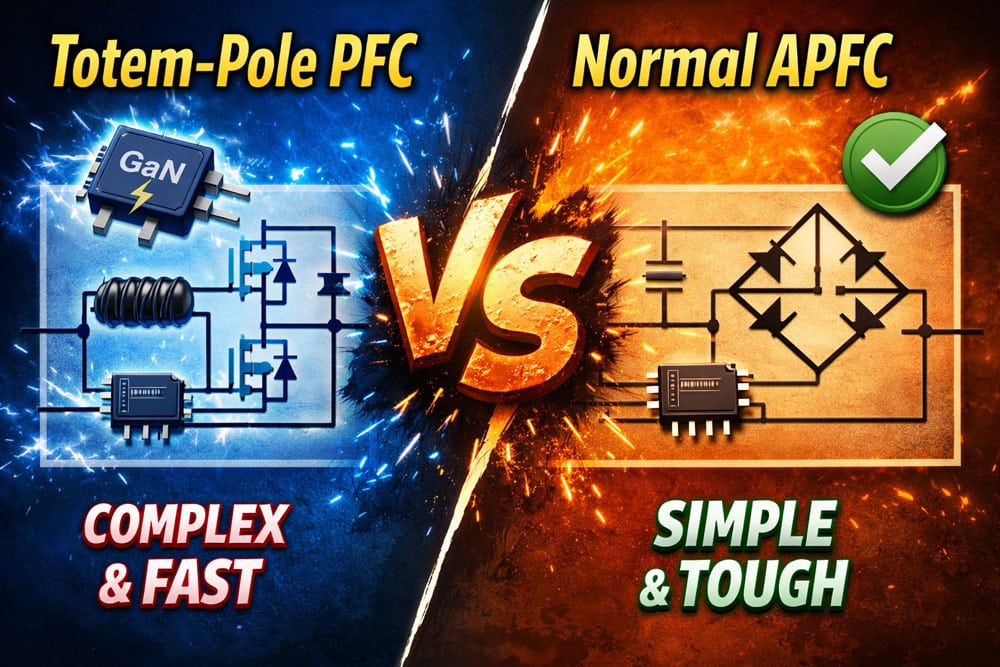
Should I get the Corsair SF850L (145$) or the Corsair SF1000 (215$) ? Thanks so much for your work.
Hi price difference but it has to do whether you need 850W or 1000W max power. So it depends on your system.
I’m so glad I found your reviews! One thing you could do to improve your reviews is to include frequency response PSUs (or anything that can emit noise). This would help to visualize if there is nasty coil whine or other undesirable noises coming out of fans/electronics/whatever. I’m asking for this because people have different hearing ability and you might not perceive noises that other people do. Such graph would be an objective measurement and thus easily comparable and outside of our subjective variances in ear hardware 😉
I could do that yes, but the problem is that it takes sooo much time 🙁
Amazing work with these review articles! I especially like the noise performance graph at various loads, that is extremely helpful for me. Could you please make the affiliate link prominent? I would like to support your testing.
Thank you!
Would you recommend SF1000 over lower wattage models if my average load is around 600W? From the tests, I see it should be quieter at that load, but I wonder if there’s any downside to running this PSU at a half-rated load.
Downside is it will probably pull more power from socket when your computer is idle or your doing light tasks because this is way outside it’s optimal operational efficiency.
On corsairs website they are still referencing 80 Plus Platinum for the new SF750/SF850/SF1000
https://www.corsair.com/us/en/explorer/diy-builder/power-supply-units/sf750sf850sf1000-platinum-atx-31-everything-you-need-to-know/
-80 PLUS Platinum efficiency ensures lower energy consumption, noise, temperatures, and your power bill.
Yes, Corsair marketing seems to screw up this. In Computex the PSU PM assured me that no 80 P from now on.
Some MOSFET model name in the list is wrong
Do you want to elaborate, to help me fix it?
Hi aris, thank you very much for the review!. can you elaborate on the OCP triggering points? What are the risks of being set too high? Any risks to other pc componants ?
They can kill the PSU if too high, especially at high temperatures.